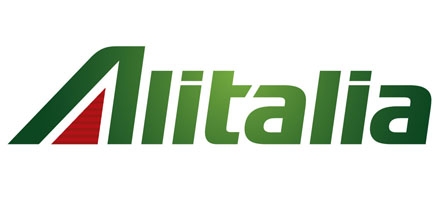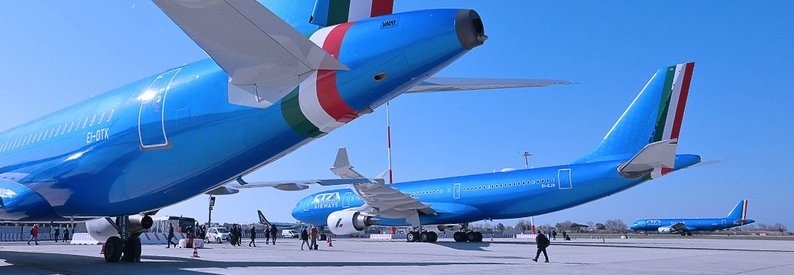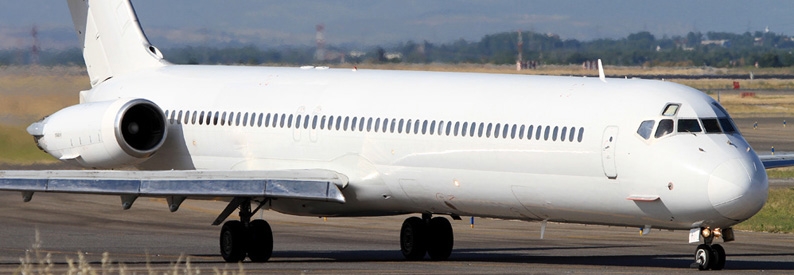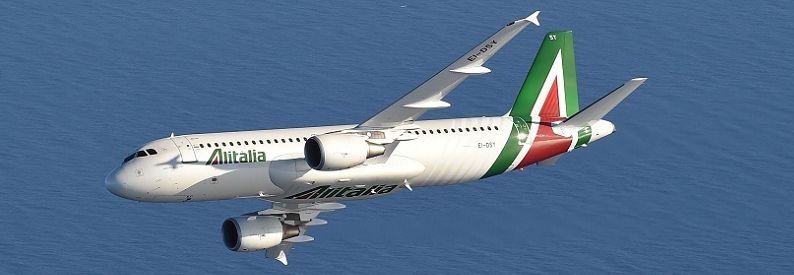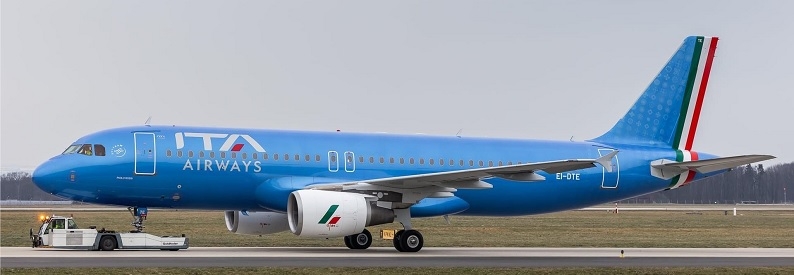Alitalia (AZA, Rome Fiumicino) says its Board of Directors has approved a business turnaround plan aimed at reducing costs by EUR1 billion (USD1.06 billion) through 2019 while boosting revenues by 30% from EUR2.9 billion (USD3.1 billion) to EUR3.7 billion (USD3.9 billion) over the same period.
In a statement, the Italian carrier said it will achieve the cuts through a reduction in operating costs and manpower. While no specific number of lay-offs was quoted, Italy's Corriere della Sera newspaper has said provisional figures indicate up to 2,000 redundancies out of a workforce of 12,000 of which 70% will be in administration and ground-handling. Additionally, pilots' salaries may also be cut by 30%.
Airline management will soon present the plan to the Italian government and then meet with trade unions. Alitalia shareholders, which include Etihad Airways (EY, Abu Dhabi International) with 49% and a consortium of Italian banks and firms with the remaining 51%, have conditioned funding for the plan on the carrier's trade unions agreeing to a new collective works agreement and headcount-related measures.
Alitalia said the business plan's actions are supported by ‘four pillars of change’; a recalibrated business model, costs reductions and enhanced productivity, optimisation of network and partnership, and the development of commercial initiatives by utilising technology investments to drive revenue growth. Management terms some of the actions as "radical and necessary" but which are needed to stabilise Alitalia and secure its long-term sustainability. If fully implemented, Alitalia expects to become a profitable business by 2019.
“With the approval today by the Board of Directors of the second phase of our business plan we can now accelerate our actions towards turning around Alitalia," Cramer Ball, Alitalia CEO, said. "We re-built our brand in the first phase and invested heavily in staff training and technology so we are now able to move ahead and implement wide-ranging changes."
In terms of the short and medium-haul market, Alitalia will cut its fleet of twenty-two A319-100s, forty-four A320-200s, and twelve A321-100s by twenty aircraft by 2018. The remaining aircraft will see an increase in utilisation, extra seats being fitted, and buy-on-board and ancillaries services offered on flights of four hours or less. More attractive air fares will be introduced in a concerted drive towards increasing revenue while stripping out existing costs.
In contrast, Alitalia’s wide-body intercontinental flights will be based on a full-service model but will still maintain a "strong" focus on cost-discipline and efficiency. In addition to Alitalia’s fleet of fourteen A330-200s, the carrier’s eleven B777-200(ER)s will be fitted with new in-flight entertainment and Wi-Fi. A 382-seater B777-300(ER) is also scheduled to arrive in August this year.
In terms of network growth, Alitalia plans to grow the frequency of flights from Italy to the Americas – one of its most underserved markets – while building its presence at Milan Linate as well as in Sicily and Sardinia. It will also re-evaluate its transatlantic options to try and offer greater frequencies on existing routes while adding new cities in the Americas.
Alitalia has also started renegotiating contracts with its suppliers in a bid to drive down costs to levels comparable with the competition - LCCs in particular such as Ryanair (FR, Dublin International) and easyJet (London Luton). Target companies are in sectors such as aircraft leasing, global distribution, in-flight catering, airport ground handling and airports themselves.
"We must do this, especially in our short and medium haul business in order to provide a platform to grow our profitable long-haul business further in the future," the CEO said. "This is a critical aspect because most of our customers fly on our short and medium-haul planes to connect onto our long-haul services. If we can’t compete throughout Italy and Europe against low-cost carriers then we lose air travellers that connect onto intercontinental flights. Put simply, there is absolutely no alternative.”
The carrier will also use its EUR200 million investment in new technologies to improve efficiency and productivity to drive further revenue opportunities.
"I am confident that the next phase of the industrial plan will represent the step forward needed, provided that all interested parties play their part. The radical and necessary measures across the entire airline will secure our long-term sustainability which will only materialise if the airline is the right size, the right shape and with the right productivity and cost base," Ball ended.
Under the original plan, drafted on Etihad's accession to the loss-making carrier's shareholding back in 2014, Alitalia should have broken even in 2017 in terms of operating and net profits. However, in the two years since Etihad arrived, the “new” company has racked up over EUR1 billion in operating losses.
